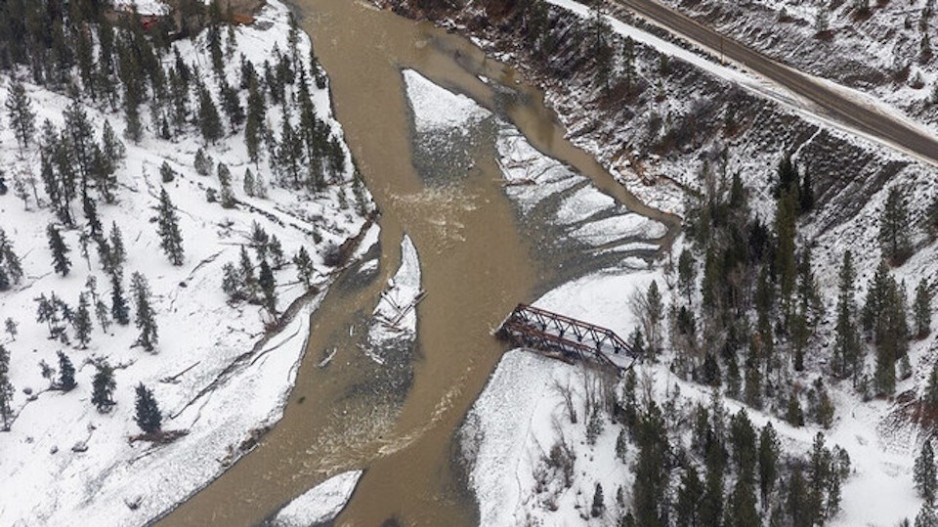Are you prepared for this year's spring freshet and the summer's wildfire seasons?
The provincial government is urging residents to prepare now by taking steps to protect their homes by purchasing flood and fire insurance.
“As we’ve seen in recent years, from wildfires to floods, many households in the province are uninsured or underinsured for the hazards we face in British Columbia, which are becoming more frequent due to climate change,” said Mike Farnworth, Minister of Public Safety and Solicitor General.
“The Province is working hard to support those affected by recent disasters, but ultimately flood and fire insurance is one of the best ways you can protect your family.”
Home insurance for fire damage is widely available throughout the province and provides coverage for fire damage and losses. Residential flood insurance can be limited, especially in high-risk areas, but insurance representatives can help determine if residential flood insurance or sewer-backup coverage is available for your property.
The province reminds residents that disaster financial assistance is not available for losses due to wildfire because of the availability of fire insurance.
People can also contact the Insurance Bureau of Canada at 1 844 227-5422 for information regarding home insurance.
Here are some tips to help British Columbians prepare for flooding:
- Clear debris from gutters and downspouts, and have a household plan ready.
- Elevate and anchor utilities, such as heating systems, electrical panels and sockets.
- Keep clear of eroded banks as they may result in unstable ground. Keep children and pets away from stream banks.
- With higher water levels, boaters and water users can expect increased debris.
- Boaters should be aware of the impact that their wake can have on shorelines and reduce speed accordingly. Wave action can cause erosion or flooding.
- Never drive or walk through flooded streets. Water can be deeper than it appears, and levels can rise very quickly.
- Stay alert for changing conditions, particularly if you live in low-lying areas or near waterways.
- The Flood Preparedness Guide is available online
“As our climate changes, we’re seeing a dramatic increase in the frequency and severity of extreme weather events like floods, storms and wildfires in British Columbia,” said Aaron Sutherland, vice-president, western and Pacific, Insurance Bureau of Canada.
“Insurance is a critical tool to help individuals and families prepare for – and recover from – these risks, should the worst occur.”
Here are some tips to help British Columbians prepare for wildfires:
- Remove combustible material (woody shrubs, dry grasses, etc.) down to mineral soil and use non-combustible materials, such as gravel, brick or concrete, in areas adjacent to your home.
- Clear leaves and evergreen needles from gutters, and avoid planting flammable trees and plants, such as cedar, spruce, juniper, pine and tall grasses near building structures.
- Keep lawns well watered and mowed, and move firewood piles, construction materials, storage sheds and other potentially combustible structures away from your home.
- Measure the distance between the outermost branches of trees to ensure a minimum of three metres between them.
- Remove small coniferous or evergreen trees that can act as a “ladder” for fire to reach treetops.
- Remove branches within two metres of the ground to help stop surface fires from moving into treetops.
- Clean up fallen branches, dry grasses and needles to eliminate potential surface fuels.
- The Wildfire Preparedness Guide is available online




